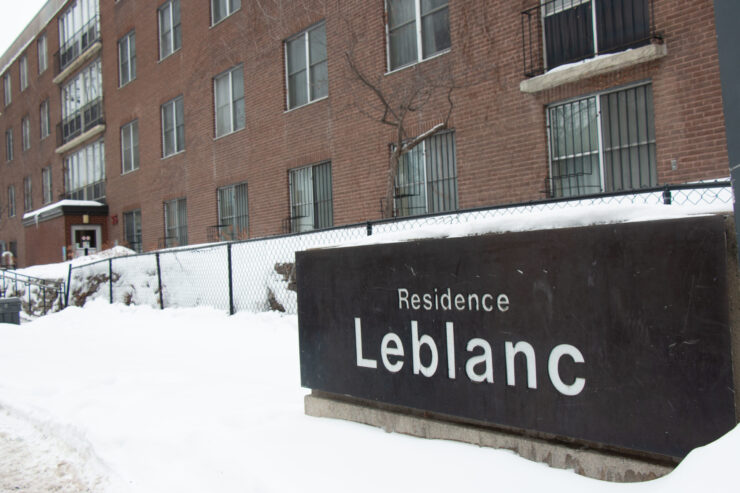Exemption to be partially replaced by scholarship
The University of Ottawa is home to a significant international student population — around 5,000 of the university’s 42,000 students are from outside of Canada according to a 2019 student brochure.
Many of these international students move to Ottawa to enroll in the university’s Francophone programs. International students who are enrolled in these programs are able to pay the same fees as domestic students due to the differential tuition fee exemption.
However, the U of O has recently decided to eliminate the differential tuition fee exemption.
As of Sept. 2021, Francophone international students will be charged international fees. In turn, the U of O will be offering scholarships that vary from $13,500 to $19,000 depending on the program.
The changes to the fee exemption will increase international francophone students’ fees from around $7,000 to nearly $10,000. This kind of increase has the potential to be difficult to offset for many students who will feel the impact of an extra $1,500 owed per semester.
Some students will be able to apply to specific scholarships to reduce the inflated tuition costs.
In response to the change in tuition fee exemption, Tim Gulliver, the advocacy commissioner for the University of Ottawa Students’ Union (UOSU) highlighted the issues of diversity.
“The diversity that we’re given by the global Francophone community is integral and I think that we’re jeopardizing that by putting up more barriers to international students.”
Isabelle Mailloux-Pulkinghorn, the media manager for the U of O did not respond to the Fulcrum’s request for comment.
The upcoming change in the differential fee exemption comes in addition to the fact that international student fees have been steadily increasing since the 2007-2008 academic year.
In the last 14 years, tuition fees for international students at the university have increased from roughly $14,000 to approximately $37,000 according to the U of O’s archived fee information.
According to the archived information, for the entire 2007-2008 academic year, a first-year international student in an arts program owed about $14,444.
Looking at the same program in the 2019-2020 academic year, a first-year international student owed over $37,383. That is an increase of about $23,000.
In response to the $23,000 increase, Gulliver said the UOSU will be focusing on pushing for a decrease in tuition rates.
“We will be submitting a budget submission to the university for the next budget,” he said.
“The goal will be for the University of Ottawa to freeze international student tuition fees. We would obviously like for them to be lowered but we have to be realistic about what the university will do.”
Like the UOSU, students at the U of O are also sharing concerns about the ever rising tuition rates.
Fakhruddin Kakajiwala, a first-year international student enrolled in the biomedical science program said that he thought “at least the administration will reconsider [tuition prices] during the pandemic, however it remains unchanged.”
“It is painstaking to pay so much just to watch lectures from my room,” said Kakajiwala.
Abderrahmane El Bakkali, a second-year finance student said that “sustaining a near [$20,000] every semester can be difficult at times.”
“It comes with the burden of knowing my parents are spending large amounts of their salary for my education when domestic students are paying 75 per cent less for the same quality of education.”
El Bakkali hopes the university will find potential ways to drop tuition rates in the future.
“Personally, I feel like they [the U of O] should dedicate more resources to combating the issue of these astronomical prices,” said El Bakkali. “It goes to show that the university isn’t really worried about our struggle, because if they really did they would give us the opportunity to lower our prices.”
Gulliver spoke on this, saying the U of O is “exploiting international students for being born in a different country and wanting to study in Canada.”
“The University of Ottawa uses the international students as cash cows to fund the university business model due to government cuts,” said Gulliver.
“When they need to find more money, one of those places is international students.”





